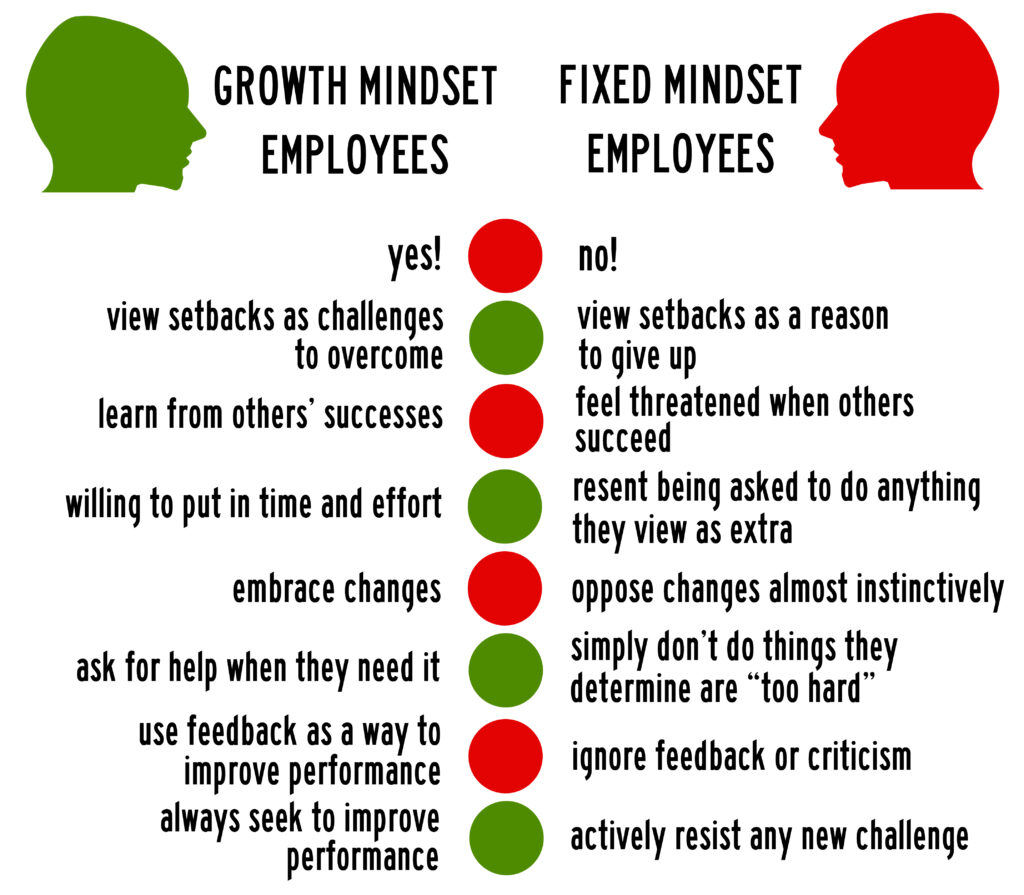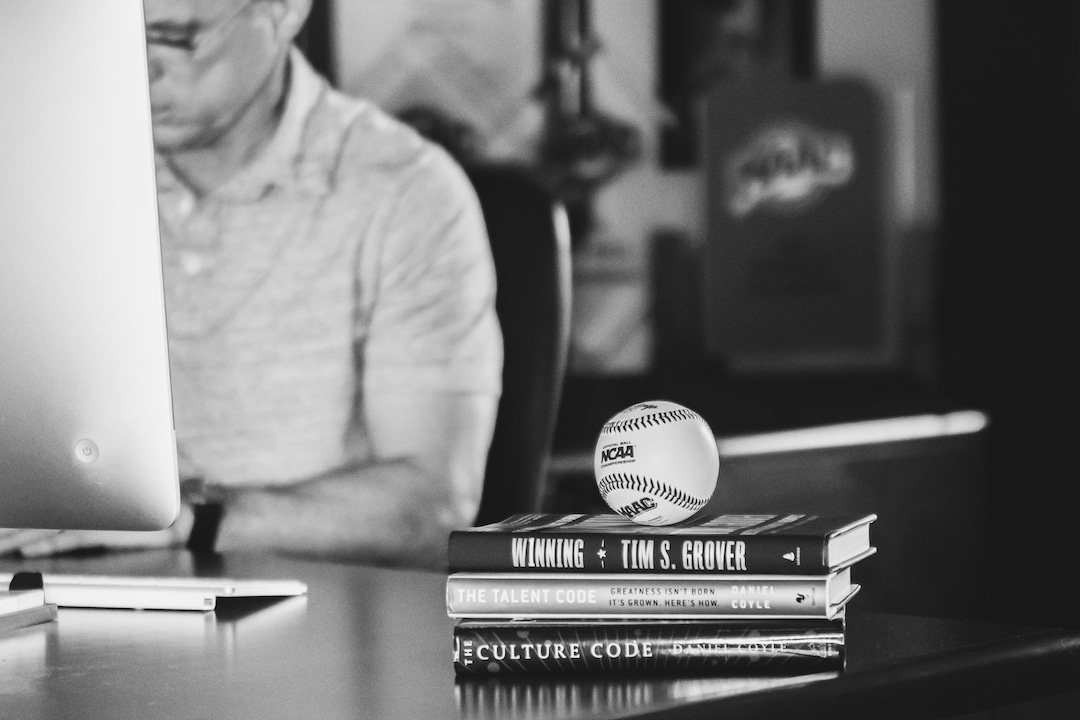If you have been following along, you may be the owner of our third non-negotiable that great coaches have – A Growth Mindset. One could argue that all coaches have a growth mindset. They do not. The great coaches do. And like Emotional Intelligence, a growth mindset is not immediately visible. It can be challenging to detect from a resume, a letter of recommendation, or a phone call from an agent. This third non-negotiable goes beyond learning. It is a lifestyle.
The opposite of the growth mindset is the fixed mindset. This mindset believes you cannot change. You are as bright as you will ever be. Your physical abilities are as good as they will ever be. You are stuck and ok with it. Coaches are not exempt from the fixed mindset either. Coaches with a fixed mindset rarely change their routines. How they prepare, practice, plan, lead, and communicate remains the same. According to Dr. Wade Gilbert, a coaching scientist and long-time professor at Fresno State University, “There is really no excuse if you are a coach, not to be learning. Learning is part of your job.” He stressed that great coaches are curious, always seeking a better way. Are you executing strategies to continue your path?
Today, we have access to almost anything to help us improve our level of knowledge. There are books, documentaries, YouTube clips, podcasts, seminars, and other coaches – your colleagues. The great coach’s mentality is if I want more, I have to do more. More is part of their make-up. Great coaches view failures as opportunities to improve. Thomas Edison, conceivably our country’s greatest inventor, failed thousands of times (the number varies) in his attempt to invent the lightbulb. Edison would emphasize that failure taught him the methods that did not work. Edison used failure as an opportunity to learn. Great coaches are like Edison. When their teams lose, they use it to their advantage. The maxim here is there is difference between winning and losing and winning and learning. Learn from failure.
According to researchers at Cornell University, the average adult will make 35,000 decisions in a day. Although a head coach may not make that many coaching decisions, they are not exempt from making bold decisions that will affect the team in some significant way. Great coaches offer humility and vulnerability, so, when a difficult decision appears, they ask for help. The great coaches build what I call a personal board of directors. Those are the people who a head coach can consult with to assist and guide in making those gutsy but prudent decisions. Look for help. Do this with regularity. The great coaches manage moments better than anyone. These moments are fluid and never ending. To have a growth mindset allows for a coach to be on the plus side in managing those difficult moments. Possessing a growth mindset is the third non-negotiable. Are you someone possessing a growth mindset or a fixed mindset?
To sign up for a FREE one-on-one breakthrough coaching session with Coach Davis book an appointment at https://drbarrydavis.com/contact/.
Check out my latest podcast appearance at: https://open.spotify.com/episode/2tCpcdEbNh1kZq0AXDpLn2?si=0d24579f3f1b4b7b


